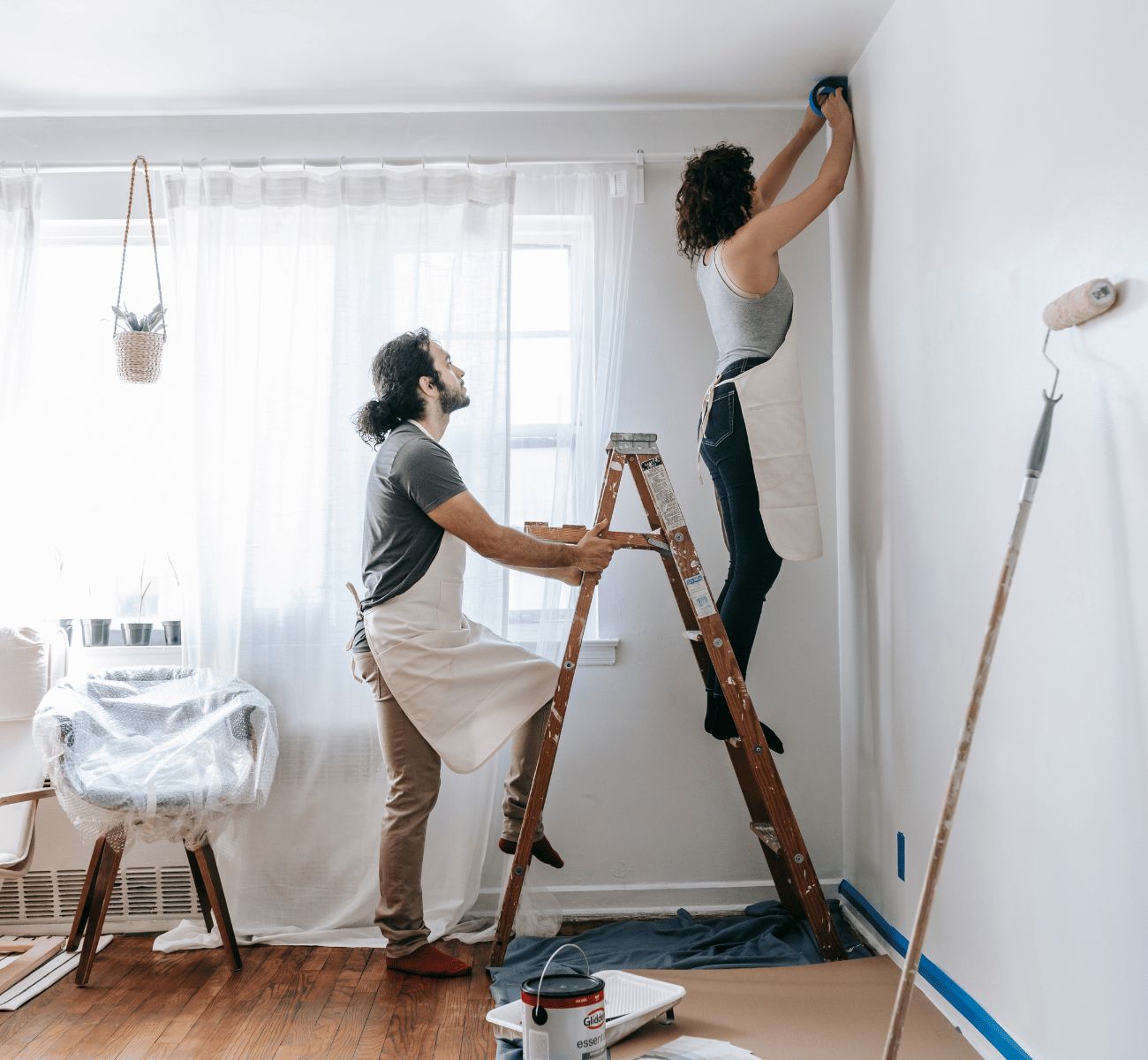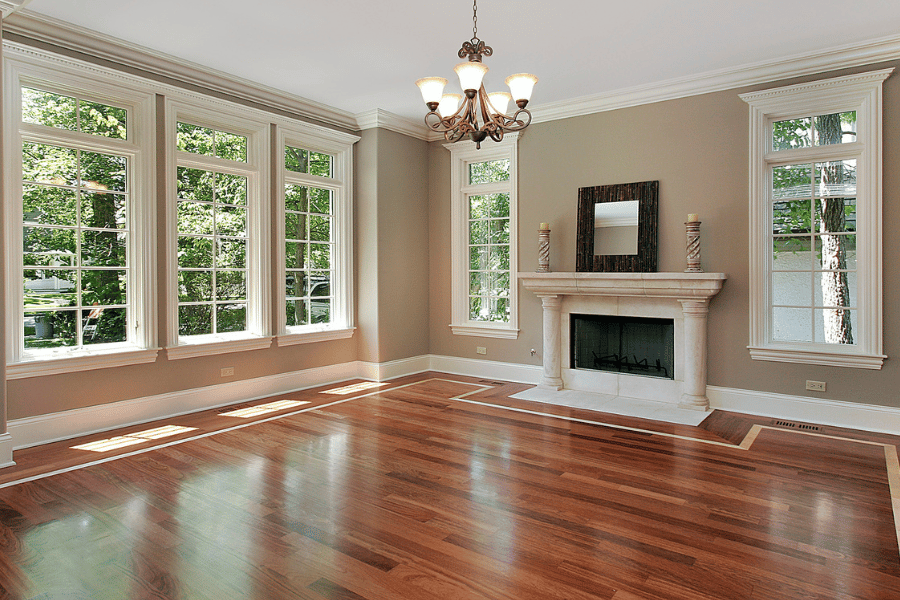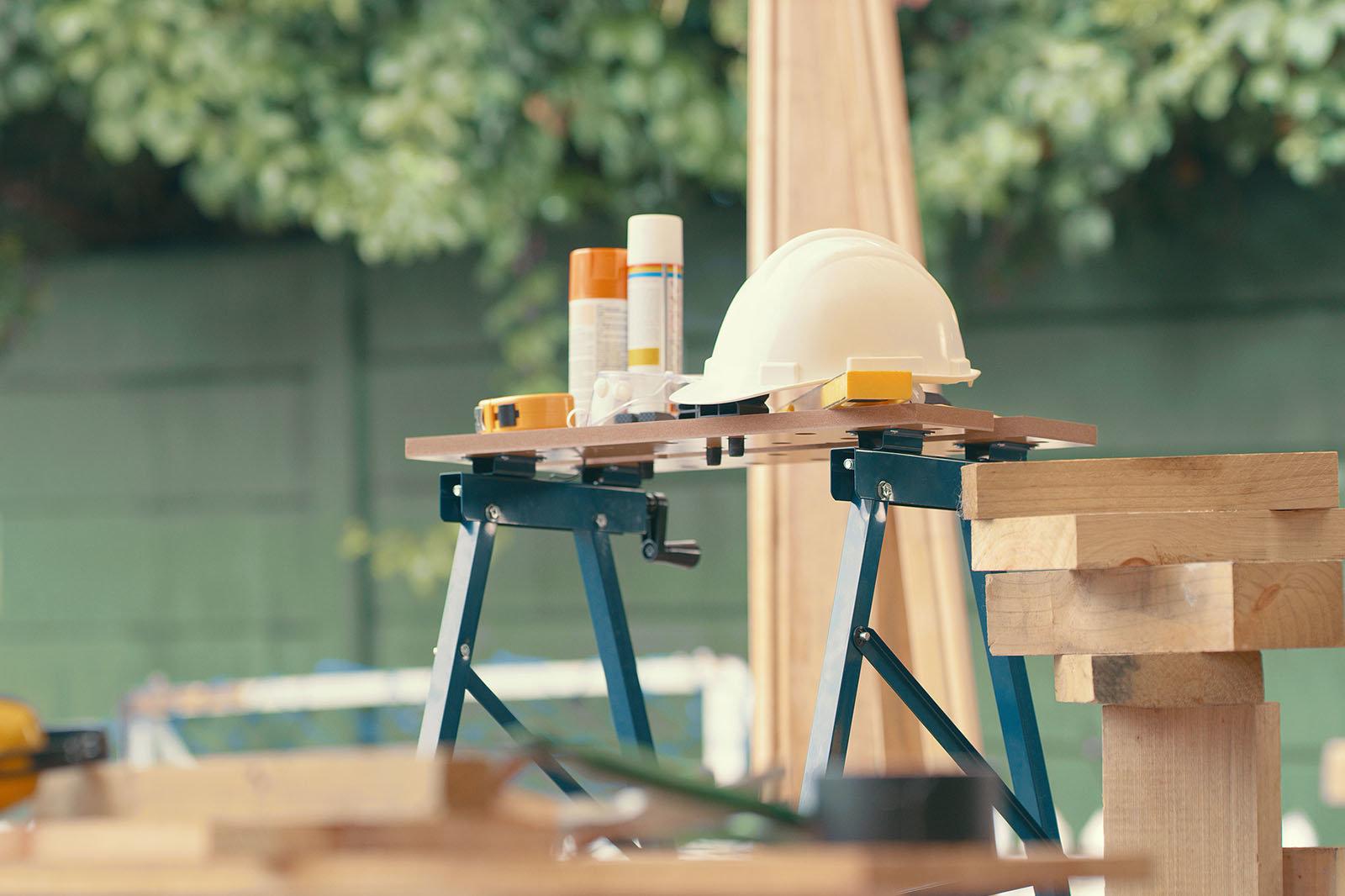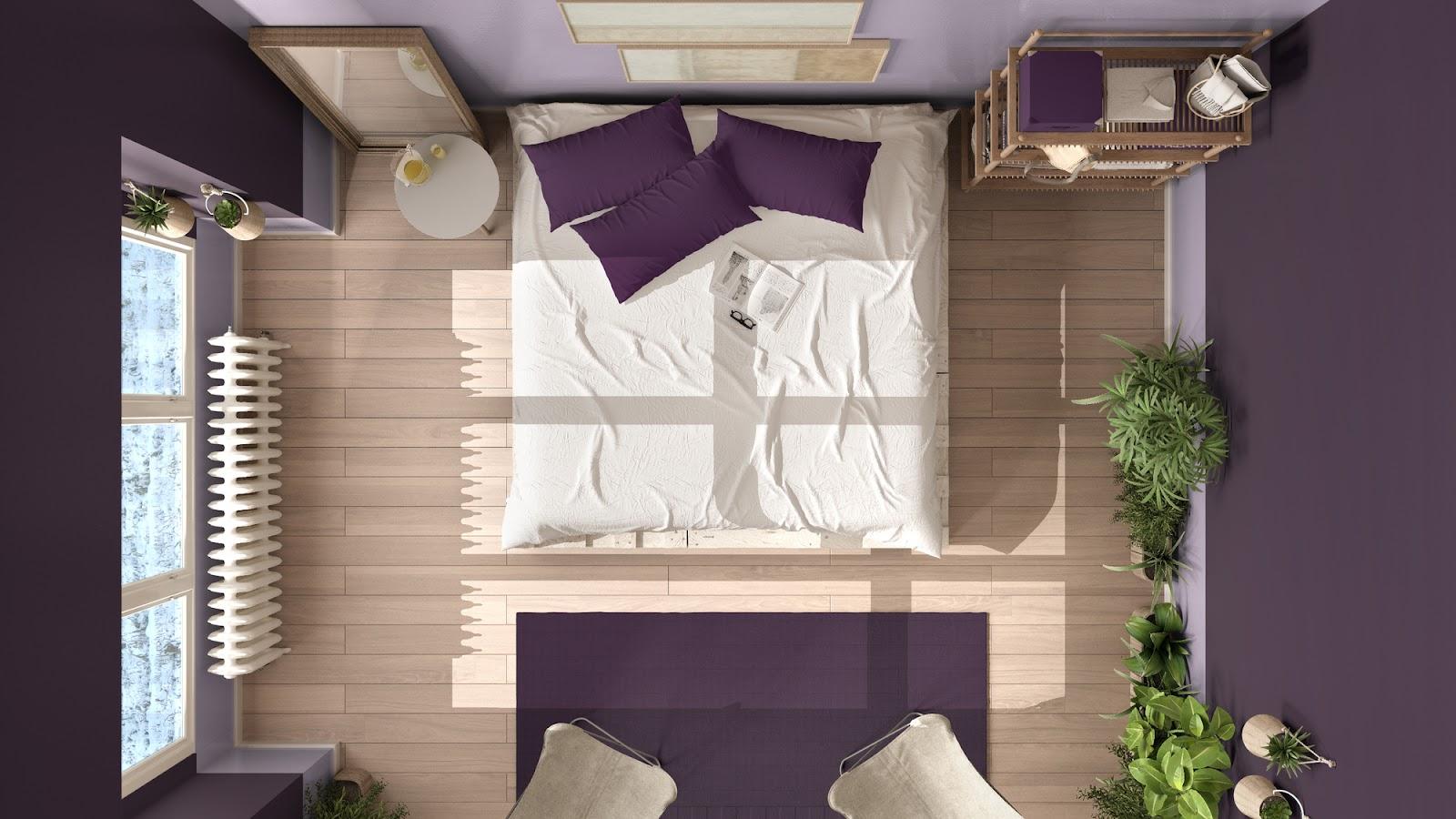How Much Does a Home Addition Cost? [2024]
April 02nd, 2024
![How Much Does a Home Addition Cost? [2024]](https://raleighrealtyhomes.com/storage/blogs/April2024/p2a3IFzfU8taMBvYpyQz.png)
How Much Does a Home Addition Cost? [2024]
Are you looking into adding an addition to your home? Keep reading to learn more about how much home additions cost and what goes into it.
Adding something new to your house is a great way to increase the square footage, home value, and functionality of the home. It is essential to understand there are specific ways you should approach a home addition because you need careful planning and to consider all the costs.
The cost of a home addition can depend greatly on many different things, such as the size of the space, the materials you use, the labor cost, and the project's complexity. Basic home renovations can only take you so far, so building a home addition may be critical.
Whether you are adding a guest room or a green home, the home addition costs can vary between $21,000 and $73,500, with an average price of about $46,000. However, this number does vary depending on all the factors. If you are looking for a way to upgrade your home, keep reading our guide to find out the costs and what goes into a home addition.
Here is what you should know about the costs of additions to your home.
Chapters
1. How Much Does a Home Addition Cost?
The size of a home addition typically ranges from 250 to 1,200 square feet, and the overall costs can vary from $21,000 to $73,500 on average. The cost to add a room varies based on the type and size you are adding. When you are looking to add or build onto it, you have many ways to calculate how much it will cost and add value to your home. Below are some of the home additions that will cost by type.
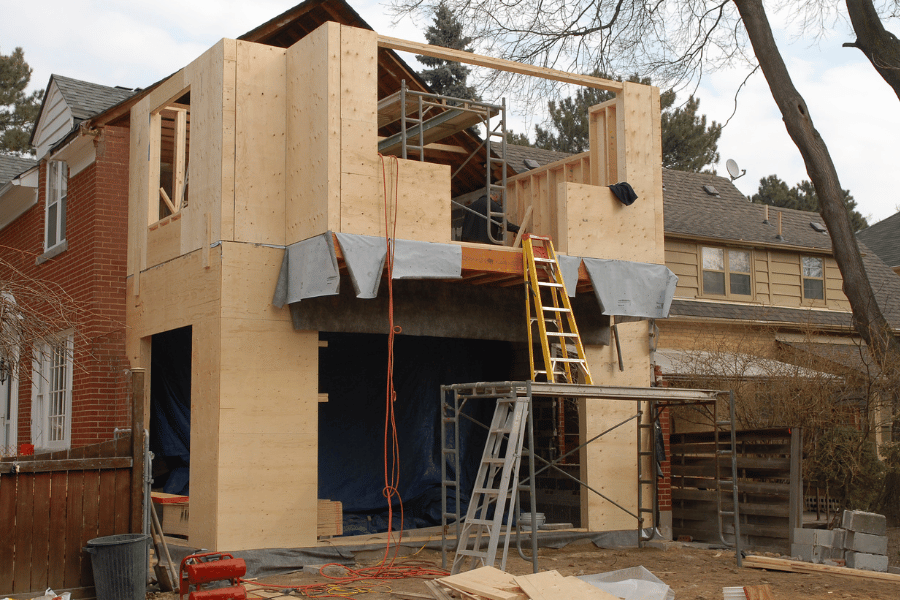
Bedroom
This is the most common room to add on. You can add an extra bedroom to host or a family room for game nights. A 9 by 12-foot bedroom would cost about $8,600 to $21,600, while an entire bedroom suite could cost over $100,000 with the inclusion of a bathroom.
Bathroom
The cost of adding a bathroom can fall between $6,200 and $15,500. The square footage and extent of the new plumbing and electrical needed will be the most significant influence on the price of adding a bathroom.
Living Room
To add a comfortably sized living room, 18 by 12 square feet, will range from $17,300 to $43,200. The cost of this addition depends on the room's square footage and the HVAC and electric additions needed.
Kitchen
A kitchen addition typically costs you about $100 to $300 per square foot. Since kitchens feature many different appliances and electrical outlets, you will need to budget for any new electrical wiring required, which will average about $1,180.
Mudroom
If you want to make a perfect space for your muddy shoes, adding a mudroom will cost about $4,000 to $18,000 if you consider a 50-square-foot space. This room will also require an exterior door, waterproof flooring, and many other things.
Finished Basement
This is one of the most common home renovations; finishing a basement may be the best one to do. This will cost about $2,800 to $34,500, depending on the extent of the design you do. This project will include additional plumbing, insulation, drywall, and other things such as lighting and heating.
Finished Attic
The price to finish an attic ranges between $4,600 to $16,000, depending on the structure already there. You will need to update the insulation, ventilation, drywall, flooring, and other things depending on the use of the attic.
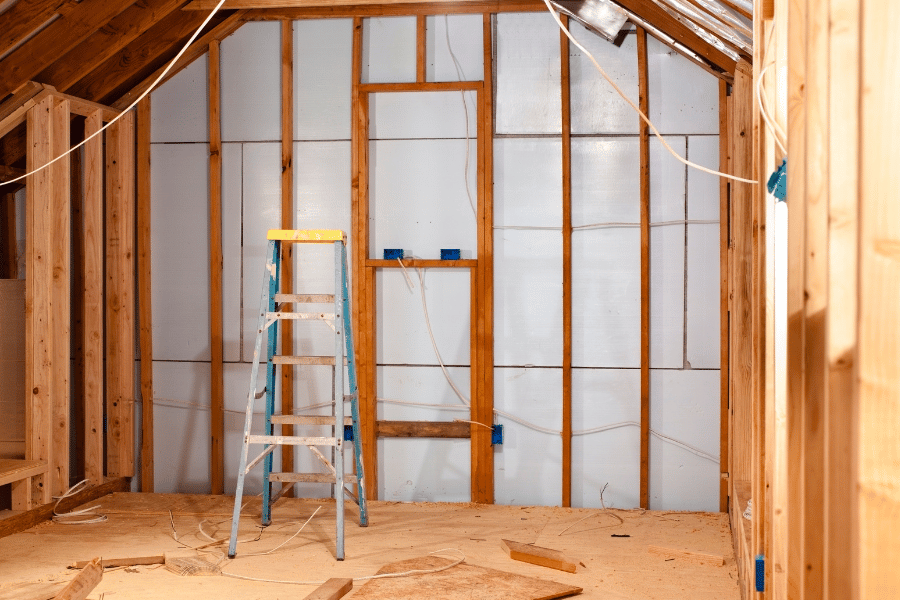
2. Cost to Consider
Here is a breakdown of some of the costs you should expect to incur when building a home addition:
- Labor: Payments to contractors, skilled professionals, and labor associated with the construction process. The cost of labor will vary depending on the complexity of the project and the rates where you live.
- Materials: Cost for building materials, such as lumber, concrete, roofing materials, windows, doors, insulation, siding, and flooring. These could include:
- Foundation work
- Roofing
- HVAC
- Electrical and Plumbing
- Windows and Doors
- Insulation and Drywall
- Flooring
- Interior Finishes
- Exterior Finishes
- Architectural and Design Fees: Hiring an architect or designer to create detailed plans and blueprints is an essential upfront cost
On the other hand, there are other additional costs that you should consider when adding an addition to your home.
- Homeowners association fees: If you live in a homeowners association (HOA), you may be required to pay HOA fees for the addition
- Property Taxes: The value of your home will increase when you add an addition, which means that your property taxes will also increase.
- Insurance Premiums: Your insurance premiums may increase when you add an addition to your home.
- Utilities and Temporary Housing: Depending on the project, you might need to account for temporary housing costs and possibly utilities during construction.
3. Home Addition Cost Factors
Some home addition cost factors stand out more than others. The size, type, and design of an addition make a noticeable impact, and many local and labor-related prices tip the scales as well. Below are some factors that impact home additions.
Project Size and Scope
Home addition square footage cost will vary depending on the home, material, and type of room you are envisioning. The average price per square foot comes out to $140 but generally ranges.
Hiring a general contractor is the most important step in determining your home addition cost. More complex builds will need a structural engineer and an architect. Below are some of the following factors:
- General contractor and architect fees
- Local permits
- Framing
- Foundation
- Roofing
- Siding
- Insulation
- Electrical
- Plumbing
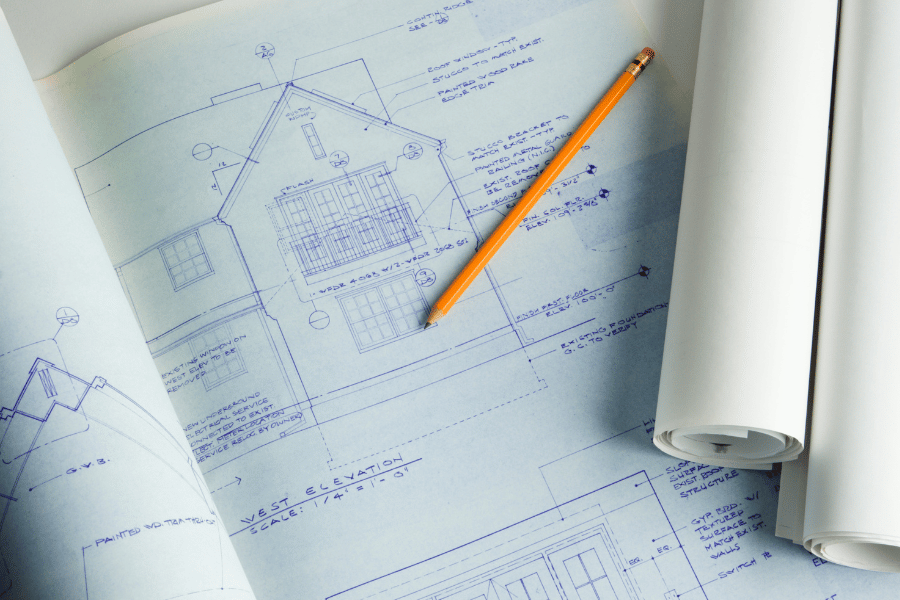
Location of Addition
The location is where you are thinking about adding it. In the back of the house? On the second floor? Will I need wiring? Will you need to accommodate structures? These are important questions to ask yourself about the project to prepare.
Labor
About 50-60% of the cost of building a home addition goes toward labor. The majority of the work requires a licensed professional. Here are some standard rates for these.
| General Contractor | 10-20% of project |
| Architect | 5-10% of project |
| Plumber | $45-$200 an hour |
| Electrician | $50-$150 an hour |
| Carpenter | $75-$100 an hour |
Materials
Every design is different, so it is important to calculate your specialized cost before assuming your total home addition price.
- Foundation Cost: $4-$100 per square foot
- Framing Cost: $400-$1,500 per 1,000 feet
- Drywall Cost: $2.50 per square foot
- Insulation Cost: $1.50 to $5.00 per square foot
- Flooring Cost: $1 to $10 per square foot
Permits
It is important not to overlook the cost of building permits when adding a new structure to your home. More minor permits may cost around $200, but building a new structure can push a license up to $3,000.
Zoning Laws
You need to remember that your ideas for designing a home addition have to align with local zoning and building laws. Access to utilities, sewer drainage, and distance from your property line are a few things you need to consider.
4. Tips to Keep Cost Down
When you are adding to your home, it may become expensive, so there are some things that can help keep costs down. Here are some ways to do so:
- Set a realistic budget: Determine how much you can afford in addition, including the design and materials. Make sure to leave room for unexpected costs
- Plan thoughtfully: Spend the time on planning the design because making changes during construction may be costly
- Choose a simple design: Complex designs tend to be more expensive, so try to choose a more straightforward design that still meets your needs.
- Maximize existing space: Consider how you can use the existing space more efficiently before adding more square footage.
- Prioritize needs over wants: Focus on the essential features of your addition that add more value
- Time your project right: Plan your project during off-peak construction season to lower labor costs and have better availability.
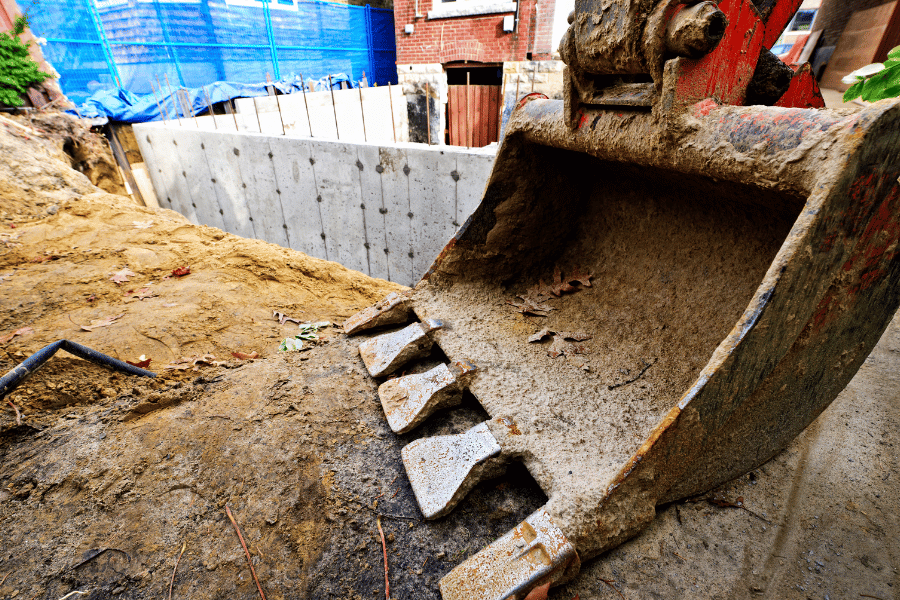
5. ROI on a Home Addition
The return on investment (ROI) on a home addition can vary depending on a number of factors, such as the size of the addition, the materials you chose, the labor cost, and the complexity of the project. According to the National Association of Realtors, the ROI for adding a new bathroom is 63%, and adding a new primary bedroom suite is 56%.
The actual ROI you experience may be higher or lower depending on those factors. If you chose high-end finishes, you may be able to recoup more of the cost, but if you chose less expensive additions or cast, you may recoup less of the price.
It is important to understand that the ROI of a home addition is not guaranteed and that there are many things that go into it and affect the value of the home, including the condition of your home, the location of your home, as well as the current market conditions.
Methodology
We used information and data from different sources as well as our own data to understand the costs of adding home additions to your home. There were various data to use, so we put them together to create a guide to help you.
Above are a few sources that we used to gather most of our information about understanding the costs of adding home additions to your home and everything you should know.
FAQS
How much does it cost to add 1,000 square feet to a house?
Based on a cost of $80 and $200 per square foot, you can expect to pay about $80,000 and $200,000 to add 1,000 square feet to your home.
Is it cheaper to build a house or add an addition?
Building up a two-story home can be generally cheaper than building out when constructing a new house. However, remodeling an existing home is more cost-effective than adding a second story.
Is a home addition worth it?
A well-executed home addition can be worth it and increase the value of your home, potentially offering a return on investment when it comes to selling as well as a new, updated space to live in. However, keep in mind that not all home additions will offer the same return on investment.
What is the most expensive part of a home addition?
The foundation and framing are the two most expensive materials and parts when you are building a home addition, and you should be aware of them before starting the modeling.

How Much Does a Home Addition Cost? [2024] - The Bottom Line
If you love your home but wish there was more space or new rooms, then a home addition is a great option for you. Before you start the addition, you need to determine everything that goes into this time-consuming project and what addition would fit your needs perfectly.
Home additions are not the cheapest option, but they are a lot less expensive and less hassle than buying and moving to a new place. A home addition can make your house feel brand new when done right.
If you do not want to spend so much money on a home addition, then look more into cheaper home additions such as basic sunrooms and enclosed porches. These ways are the most affordable way to extend your home's living space while needing extensive insulation and foundation. There are so many ways to add to your home; you just need to do your research and find what meets your needs and finances.
If you are considering moving or selling, contact us or visit our website. Our team at Raleigh Realty is here to help you with any home buying or selling needs.

Ryan Fitzgerald
Hi there! Nice to 'meet' you and thanks for visiting our Raleigh Real Estate Blog! My name is Ryan Fitzgerald, and I'm a REALTOR® in Raleigh-Durham, NC, the owner of Raleigh Realty. I work alongside some of the best Realtors in Raleigh. You can find more of my real estate content on Forbes, Wall Street Journal, U.S. News and more. Realtor Magazine named me a top 30 under 30 Realtor in the country (it was a long time ago haha). Any way, that's enough about me. I'd love to learn more about you if you'd like to connect with me on Facebook and Instagram or connect with our team at Raleigh Realty. Looking forward to connecting!
Related Blogs
